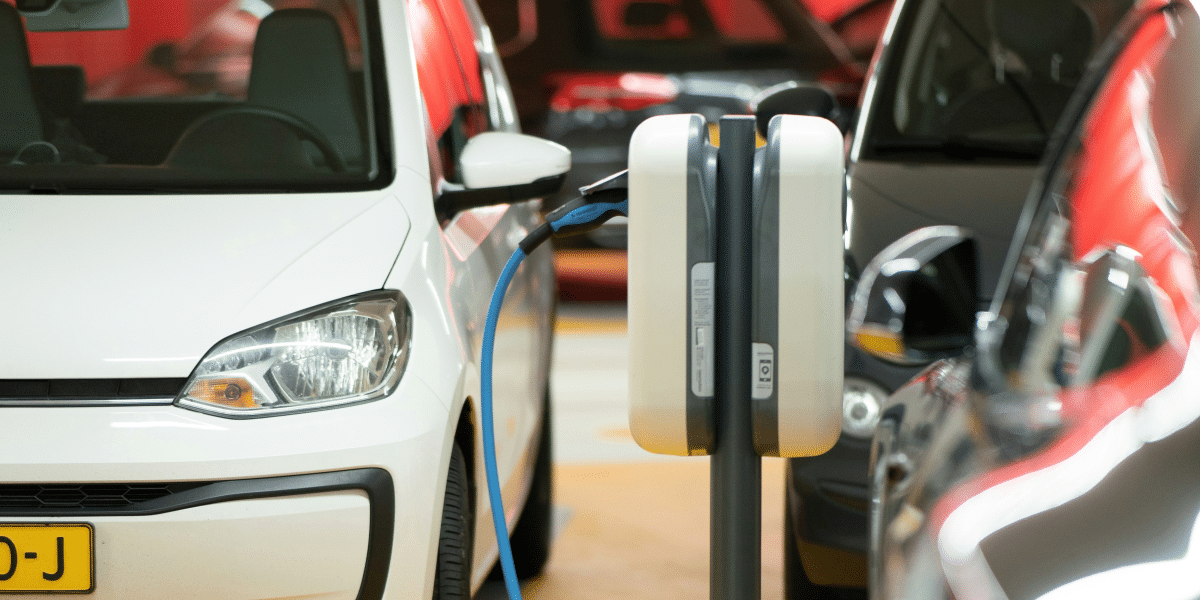The Rise of Hybrid Vehicles in the Eco-Conscious Era
With climate change concerns and the need for sustainable solutions growing, hybrid vehicles are increasingly popular for their blend of traditional fuel engines and electric power. These vehicles offer a middle ground for consumers who want lower emissions and improved fuel efficiency without fully committing to an electric vehicle (EV). By combining the strengths of both gasoline and electric power, hybrids provide a practical path toward cleaner, more efficient transportation.
How Hybrid Systems Work: A Balance of Power Sources
Hybrids operate using a mix of gasoline engines and electric motors. Here’s how the different types of hybrid systems work to maximize fuel efficiency:
- Parallel Hybrids: Both the gas engine and the electric motor can power the wheels, either independently or in tandem. This system allows for flexibility and optimal fuel efficiency, especially in various driving conditions.
- Series Hybrids: In this setup, the gas engine mainly generates power for the battery, while the electric motor drives the wheels. This configuration is ideal for city driving, where electric power alone can handle most speed and range requirements.
- Plug-in Hybrids (PHEVs): PHEVs have larger batteries that can be recharged externally, enabling longer electric-only drives before needing gasoline. They can operate like EVs for shorter trips, making them a versatile option for those transitioning to cleaner transport.
Environmental Advantages of Hybrid Vehicles
Hybrids offer notable environmental benefits, especially in urban areas where pollution is a growing concern:
- Reduced Emissions: By using electric power for low-speed city driving and hybrid efficiency at high speeds, hybrids emit fewer greenhouse gases than traditional vehicles, contributing to cleaner air.
- Lower Fuel Consumption: Hybrids’ intelligent use of fuel and electric power cuts down fuel needs, leading to fewer trips to the pump and significant savings on fuel costs over time.
- Efficient Urban Performance: Stop-and-go traffic is where hybrids shine. They can switch to electric power in these conditions, cutting emissions and fuel use where it matters most.
Additional Benefits Beyond Environmental Impact
The appeal of hybrid vehicles goes beyond their eco-friendly design:
- Quiet Operation: Electric motors operate quietly, especially at low speeds, providing a smooth, peaceful driving experience in crowded city environments.
- Government Incentives: Many regions offer tax credits, rebates, or discounts for hybrid purchases, making them more affordable and attractive to consumers.
- Lower Maintenance Costs: Hybrids tend to experience less wear on their gas engines, thanks to electric power assistance. Additionally, regenerative braking extends the life of brake components, reducing maintenance costs.
Innovations Fueling the Future of Hybrid Technology
The continued success of hybrids is tied to ongoing advancements in battery technology and infrastructure:
- Battery Breakthroughs: Technological advancements in batteries mean higher energy densities and lighter, longer-lasting batteries, allowing hybrids to offer better electric range and overall efficiency.
- Lowering Battery Costs: With battery prices steadily dropping due to improved manufacturing and larger production scales, hybrids are becoming more accessible to a wider audience, supporting the transition toward greener transportation.
- Growing Charging Infrastructure: Governments and private enterprises are investing in charging infrastructure, benefiting plug-in hybrids and all-electric vehicles alike. Expanded access to charging stations addresses range anxiety and promotes the adoption of cleaner vehicles.
Hybrids as a Bridge to a Fully Electric Future
Hybrids serve as a stepping stone toward full electrification. They offer drivers the familiarity of a gasoline engine while introducing them to electric power. For those who may not yet be ready for an all-electric vehicle, hybrids present a balanced solution that can ease the transition to sustainable transportation. With the global push for stricter emissions standards, automakers are increasingly developing hybrids to reduce overall fleet emissions.
The Role of Hybrid Vehicles in Sustainable Transportation
Hybrids are reshaping the automotive industry, aligning with consumer demands for efficiency, lower emissions, and environmental responsibility. As battery technology improves, charging infrastructure grows, and prices become more affordable, hybrids are poised to lead the way in sustainable transportation. For drivers and communities alike, hybrid vehicles represent a practical solution for reducing carbon footprints while paving the way for a greener, fully electric future.








